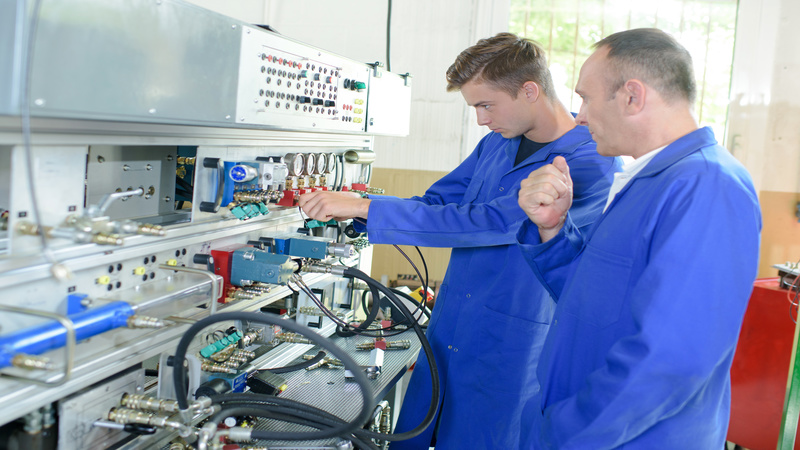Mechanical Engineering Design is an essential part of engineering that involves creating and developing products, machines, and systems. Designing mechanical engineering systems can be complex, and there are many potential mistakes that can be made during the process. In this article, we’ll discuss four common mistakes to avoid in Mechanical Engineering Design.
1. Overcomplicating Design
Engineers may try to incorporate too many features or functionalities into the system, which can make it difficult to manufacture, maintain, or repair. Overcomplicating design can also lead to unnecessary expenses, as more complicated systems tend to cost more to produce and maintain.
2. Failing to Consider Material Selection
Choosing the wrong materials can have a significant impact on the performance and lifespan of the system. To avoid this mistake, carefully consider the properties of the materials you plan to use and select those that are best suited for the application.
3. Ignoring Environmental Factors
Environmental factors such as temperature, humidity, and vibration can all have an impact on the performance and lifespan of the system. Ignoring these factors can lead to premature failure or reduced performance.
4. Skipping Prototype Testing
Prototyping is an essential step in the design process that allows engineers to test and refine their designs before final production. Skipping this step can lead to costly mistakes and delays in the development process.
Conclusion
In conclusion, Mechanical Design is a complex and important part of engineering that requires careful consideration and planning. If you need assistance with your Mechanical Engineering Design, the Ceres Group is here to help.
